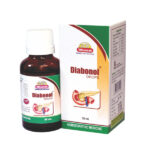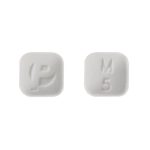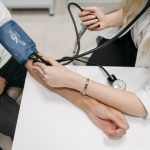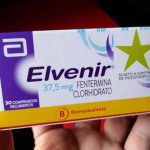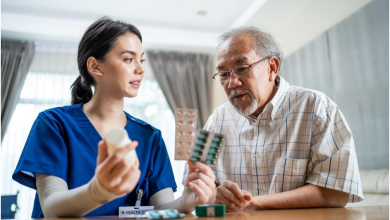Glipizide: How it Works, Uses, Dosage, Side Effects
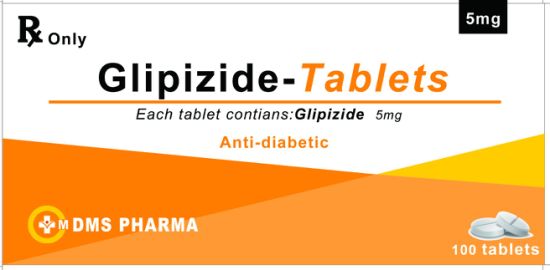
Glipizide is the generic name for Glucotrol. It is part of a class of medications called sulfonylureas, and it works by stimulating the secretion of insulin from the pancreas. The increase in insulin helps lower blood glucose levels in the body.
Glipizide is available as a 5 mg or 10 mg oral tablet. Generic glipizide also comes in extended-release tablets in strengths of 2.5 mg, 5 mg, and 10 mg. Glipizide is usually taken once daily before breakfast.
What is glipizide used for?
Glipizide is used together with diet and exercise to improve blood sugar control in adults with type 2 diabetes mellitus. Glipizide is not for treating type 1 diabetes.
What should I discuss with my healthcare provider before taking glipizide?
You should not use this medicine if you are allergic to glipizide, or if you have diabetic ketoacidosis (call your doctor for treatment).
Tell your doctor if you have ever had:
- liver or kidney disease;
- chronic diarrhea, or a blockage in your intestines; or
- an enzyme deficiency called glucose-6-phosphate dehydrogenase deficiency (G6PD).
Follow your doctor’s instructions about using this medicine if you are pregnant or you become pregnant. Controlling diabetes is very important during pregnancy, and having high blood sugar may cause complications in both the mother and the baby. However, you may need to stop taking glipizide for a short time just before your due date.
It may not be safe to breastfeed while using this medicine. Ask your doctor about any risk.
How should I take glipizide?
Follow all directions on your prescription label and read all medication guides or instruction sheets. Your doctor may occasionally change your dose. Use the medicine exactly as directed.
Take the glipizide regular tablet 30 minutes before your first meal of the day.
Take the glipizide extended-release tablet with your first meal of the day.
Swallow the tablet whole and do not crush, chew, or break it.
Your blood sugar will need to be checked often, and you may need other blood tests at your doctor’s office.
You may have low blood sugar (hypoglycemia) and feel very hungry, dizzy, irritable, confused, anxious, or shaky. To quickly treat hypoglycemia, eat or drink a fast-acting source of sugar (fruit juice, hard candy, crackers, raisins, or non-diet soda).
Your doctor may prescribe a glucagon injection kit in case you have severe hypoglycemia. Be sure your family or close friends know how to give you this injection in an emergency.
Also watch for signs of high blood sugar (hyperglycemia) such as increased thirst or urination.
Blood sugar levels can be affected by stress, illness, surgery, exercise, alcohol use, or skipping meals. Ask your doctor before changing your dose or medication schedule.
Some forms of glipizide are made with a shell that is not absorbed or melted in the body. Part of the tablet shell may appear in your stool. This is a normal side effect and will not make the medication less effective.
Store at room temperature away from moisture, heat, and light.
What happens if I miss a dose?
Take your dose as soon as you can, but only if you are getting ready to eat a meal. If you skip a meal, skip the missed dose and wait until your next meal. Do not take two doses at one time.
Get your prescription refilled before you run out of medicine completely.
What happens if I overdose?
Seek emergency medical attention or call the Poison Help line at 1-800-222-1222. A glipizide overdose can cause life-threatening hypoglycemia.
Symptoms of severe hypoglycemia include extreme weakness, blurred vision, sweating, trouble speaking, tremors, stomach pain, confusion, and seizure (convulsions).
What should I avoid while taking glipizide?
Avoid drinking alcohol. It lowers blood sugar and can cause side effects.
Avoid driving or operating machinery until you know how this medicine will affect you.
What are the possible side effects of glipizide?
Get emergency medical help if you have signs of an allergic reaction: hives; difficulty breathing; swelling of your face, lips, tongue, or throat.
Call your doctor at once if you have symptoms of low blood sugar:
- headache, irritability
- sweating, fast heart rate;
- dizziness, nausea; or
- hunger, feeling anxious or shaky.
Common side effects may include:
- diarrhea, constipation, gas;
- dizziness, drowsiness;
- tremors; or
- skin rash, redness, or itching.
This is not a complete list of side effects and others may occur. Call your doctor for medical advice about side effects. You may report side effects to FDA at 1-800-FDA-1088.
What other drugs will affect glipizide?
Sometimes it is not safe to use certain medications at the same time. Some drugs can affect your blood levels of other drugs you take, which may increase side effects or make the medications less effective.
Many drugs can affect glipizide. This includes prescription and over-the-counter medicines, vitamins, and herbal products. Not all possible interactions are listed here. Tell your doctor about all your current medicines and any medicine you start or stop using.

